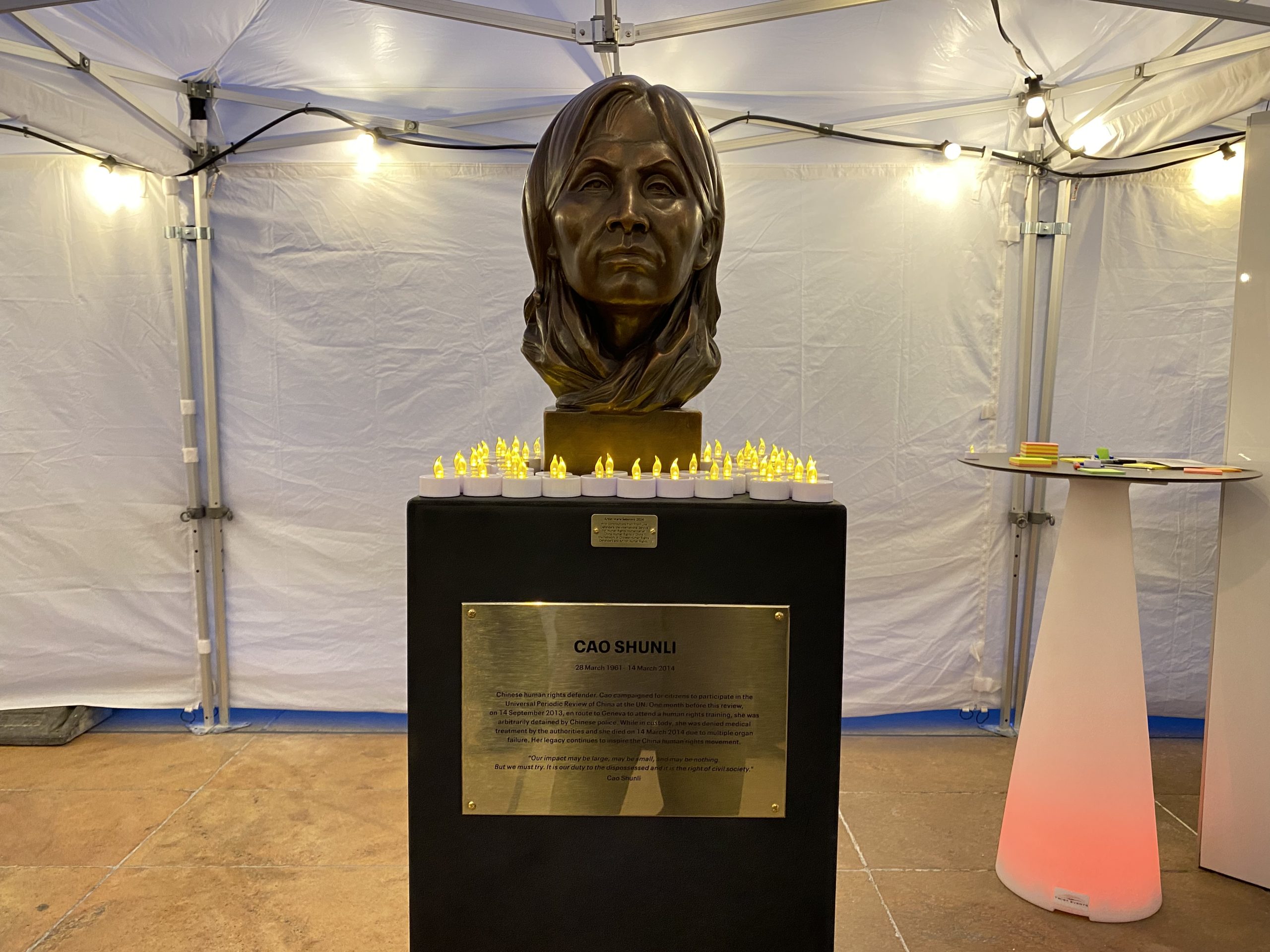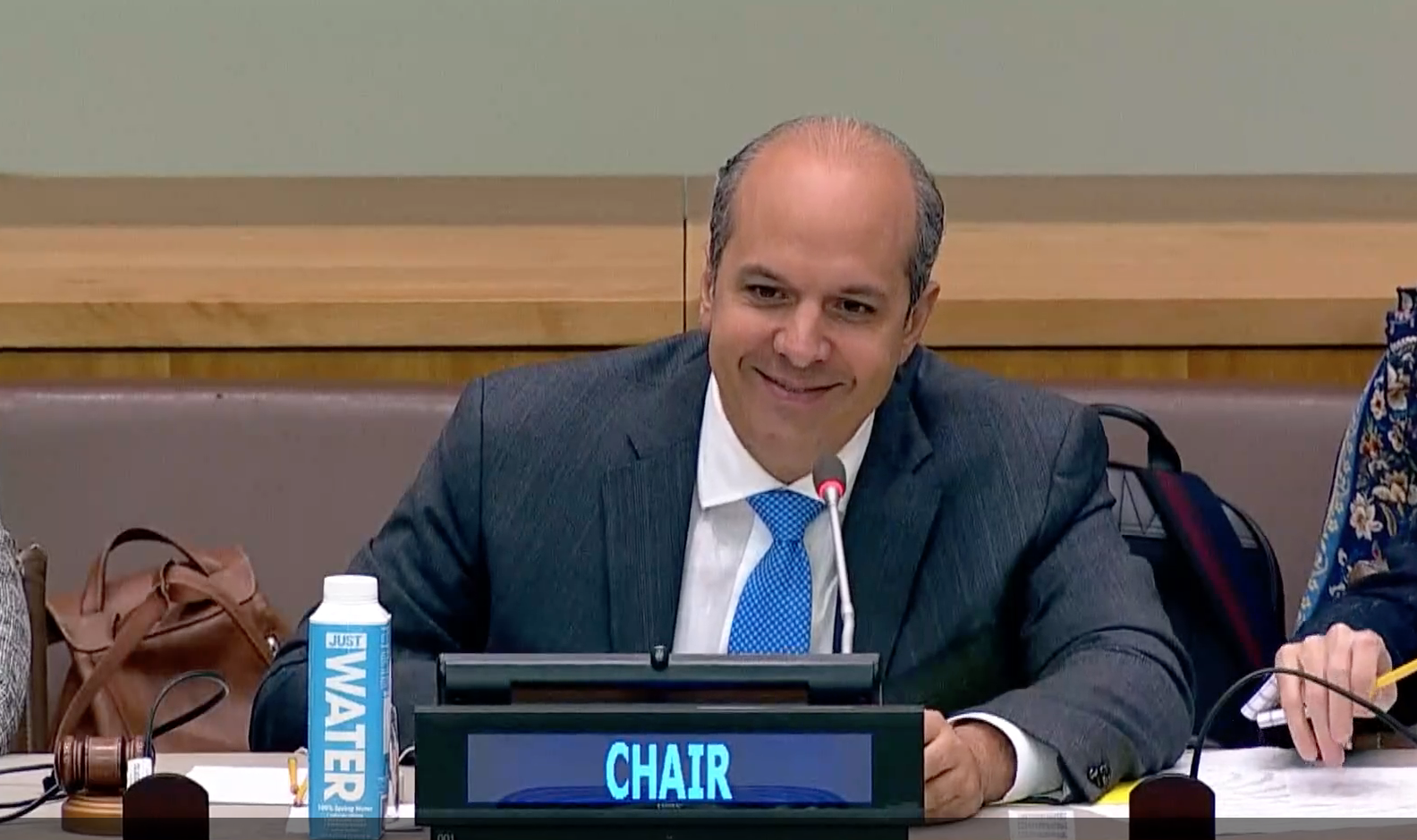The Chairs of the ten human rights treaty bodies discussed their working methods, human and financial resources as well as challenges they face, especially backlog, with member States during the General Assembly’s Third Committee.
During their 34th annual meeting in June 2022, the chairs of the human rights treaty bodies (TBs) decided to establish a predictable schedule for reviewing state parties’ reports every eight years with mid term reviews every four years. All treaty bodies reiterated their commitment to this predictable schedule, which ISHR welcomes. However, the only Committee to actually publish a comprehensive reporting calendar so far is the Human Rights Committee.
In the wake of the Covid 19 pandemic, increasing backlog continues to plague the UN treaty body system and is still a major concern shared by all ten Chairs. Mikiko Otani, Chair of the Committee on the Rights of the Child, declared that the backlog of reports implies a serious problem of follow-up and therefore strongly impacts the protection of children in some countries, while adding that the issue of backlog is being addressed and will be dealt with as quickly as possible. Claude Heller declared that some 212 individual complaints had yet to be examined, adding that the backlog will be impossible to make up for given delays as well as current working methods. Rosemary Kayess, Chair of the Committee on the Rights of Persons with Disabilities, noted a 50% increase in backlog. Carmen Rosa Villa Quintana, Chair of the Committee on Enforced Disappearances, stated that if things do not change, the agenda for their meetings will be completed in 2032, which is ‘unacceptable for victims’ and that ‘enforced disappearances are a matter of life and must be addressed without delay.’
Another major concern raised by the Chairs is the lack of resources, both financial and human. All ten Chairs expressed a need for more resources commensurate with the workload. Photini Pazartzis, Chair of the Human Rights Committee, noted that human and financial resources made available have not kept pace with the increasing workload of the Committee. ‘Without an increase in staff capacity to allow the section to process a greater number of communications, the committee will not be able to address its backlog in a timely and effective manner’, Pazartzis emphasized. Verene Shepherd, Chair of the Committee on the Elimination of Racial Discrimination ,declared that ‘the treaty bodies and their small secretariats simply cannot cope with the present level of resources’.
While the UN TB system is facing significant challenges, some Chairs recognised positive outcomes. Claude Heller noted significant progress made in the process to strengthen the treaty bodies, mentioning the agreement to establish a predictable schedule for State party reviews.
Also at the Third Committee, States adopted the biennial resolution on the Human rights treaty body system. We regret that States were not able to ‘welcome’, but merely ‘take note’ of the biennial report by the UN Secretary-General on the state of the treaty body system. ISHR urges all States to follow through with their reaffirmation in the resolution of the formula contained in General Assembly resolution 68/268, and allocate the corresponding financial and human resources in the Fifth Committee that the treaty bodies require to function effectively.
Download as PDF




